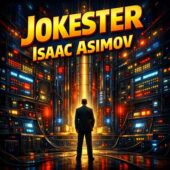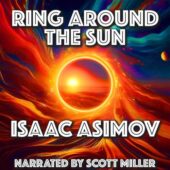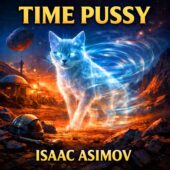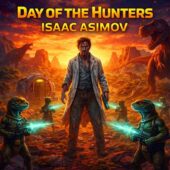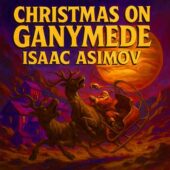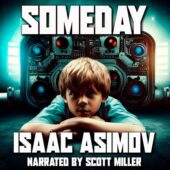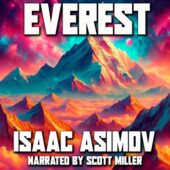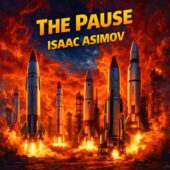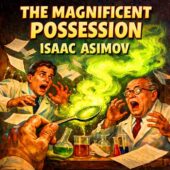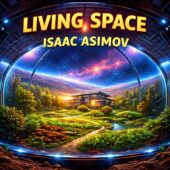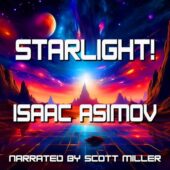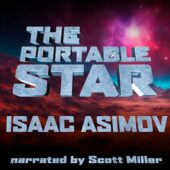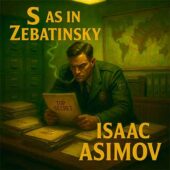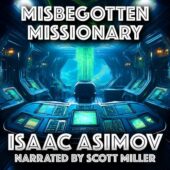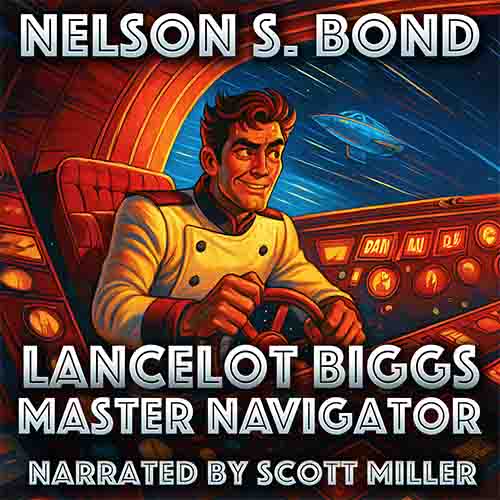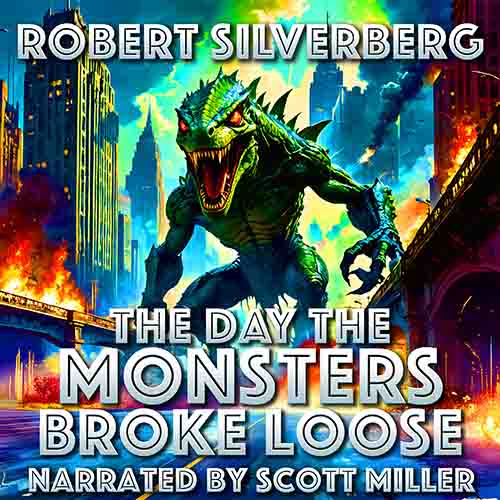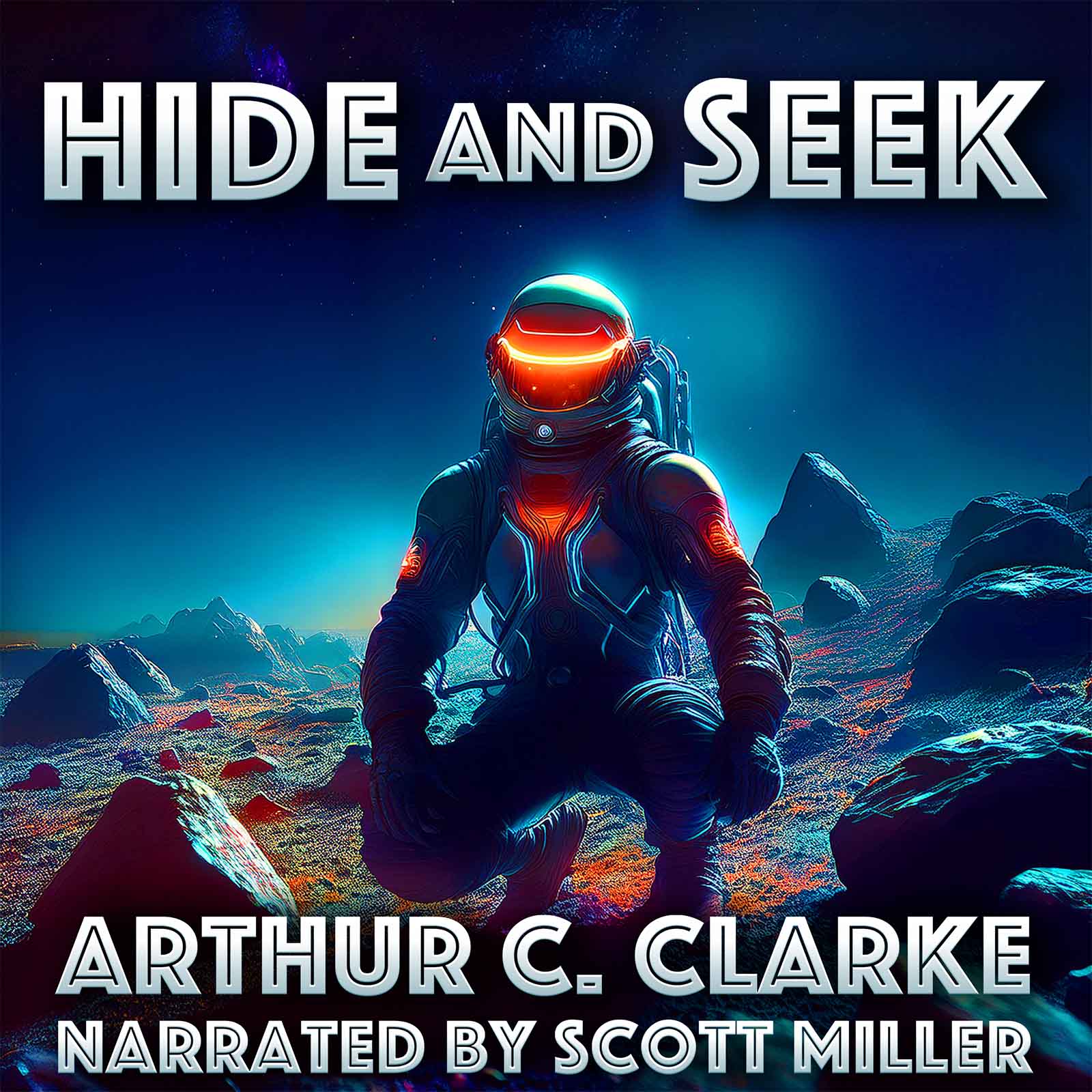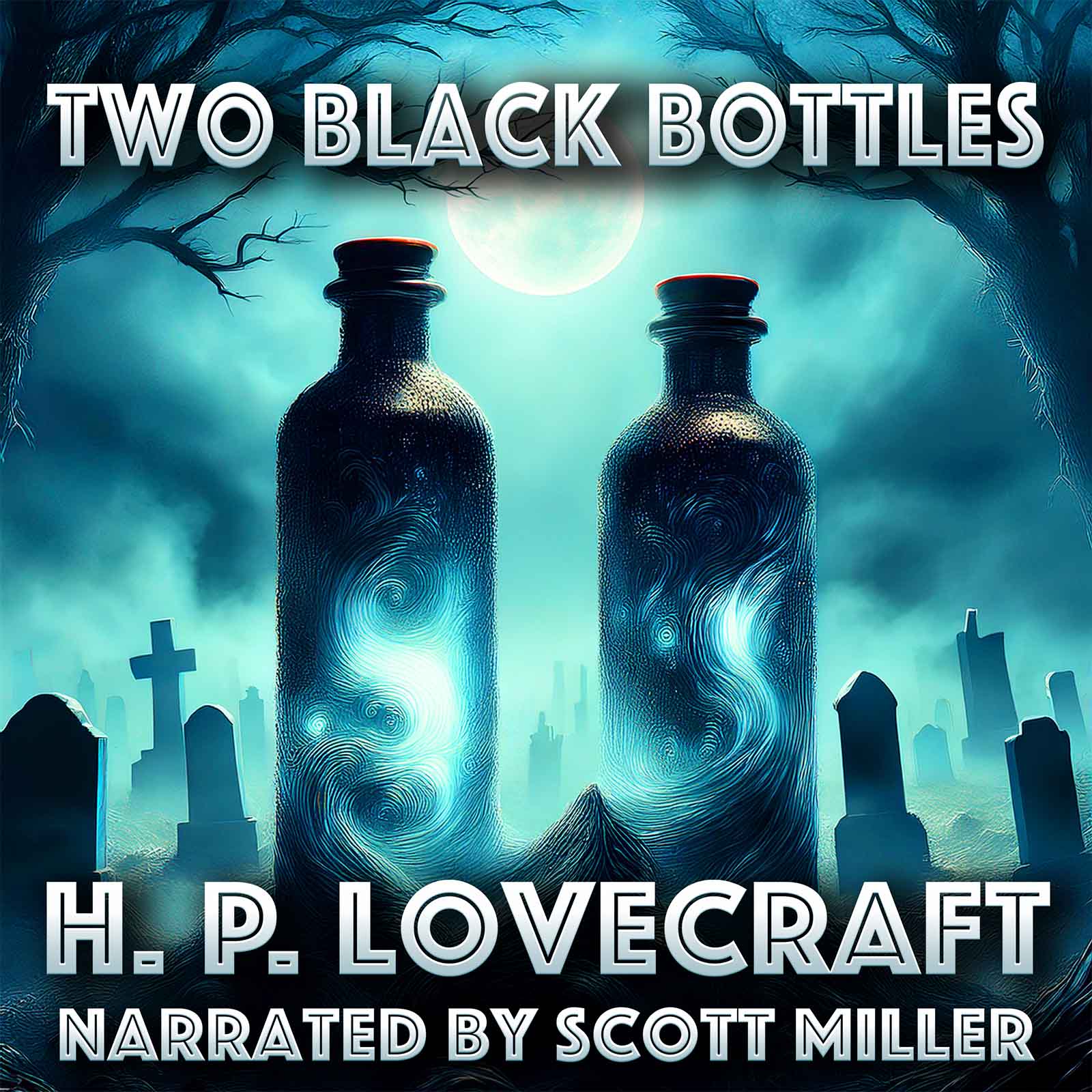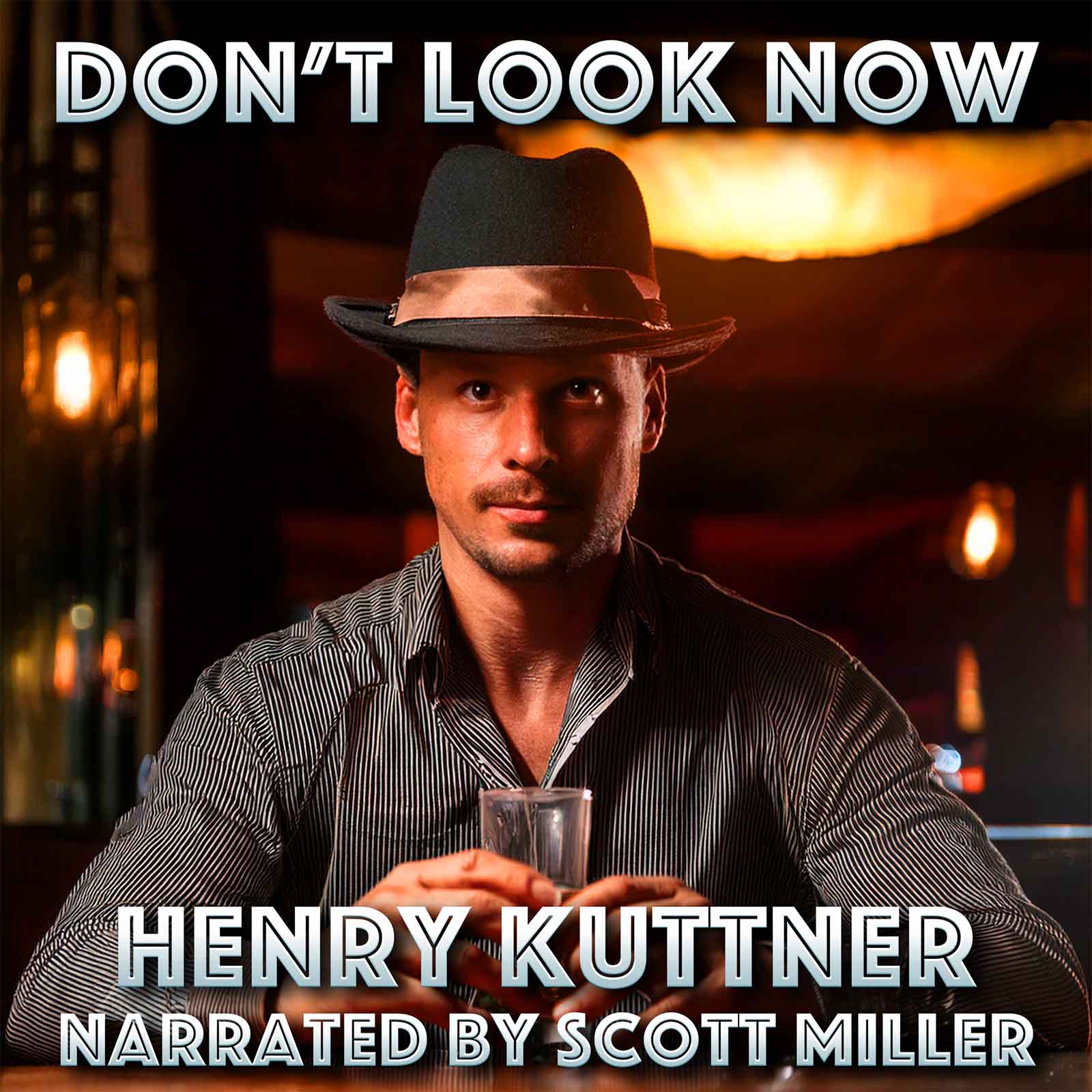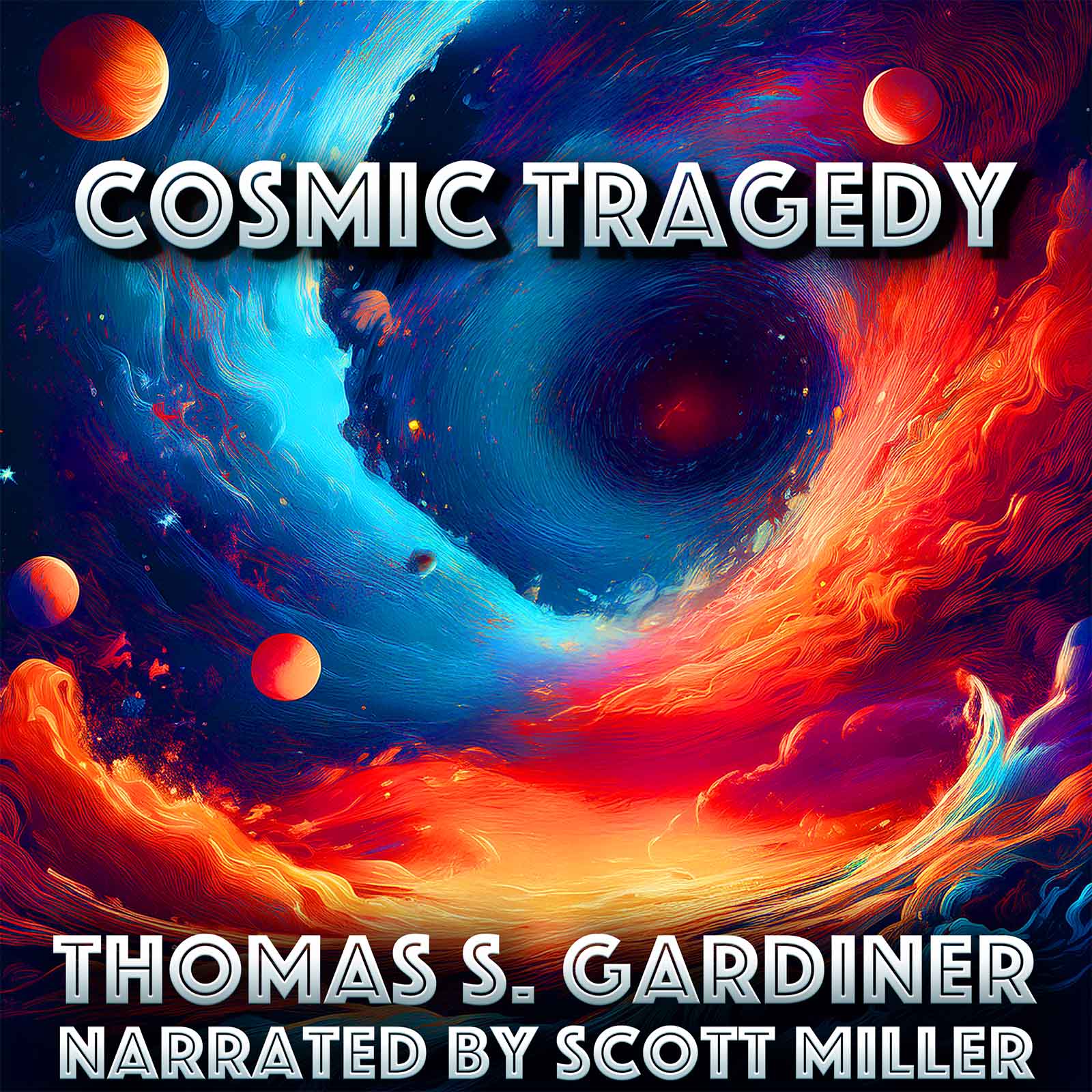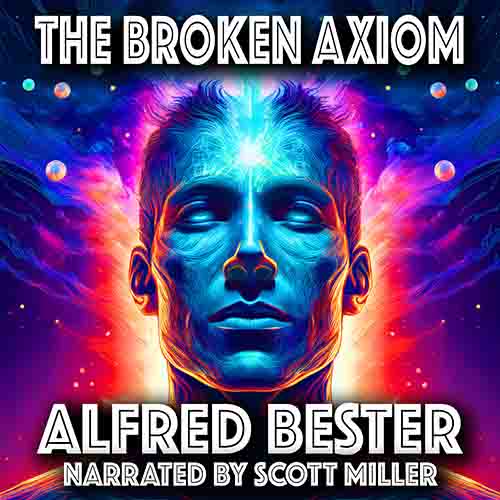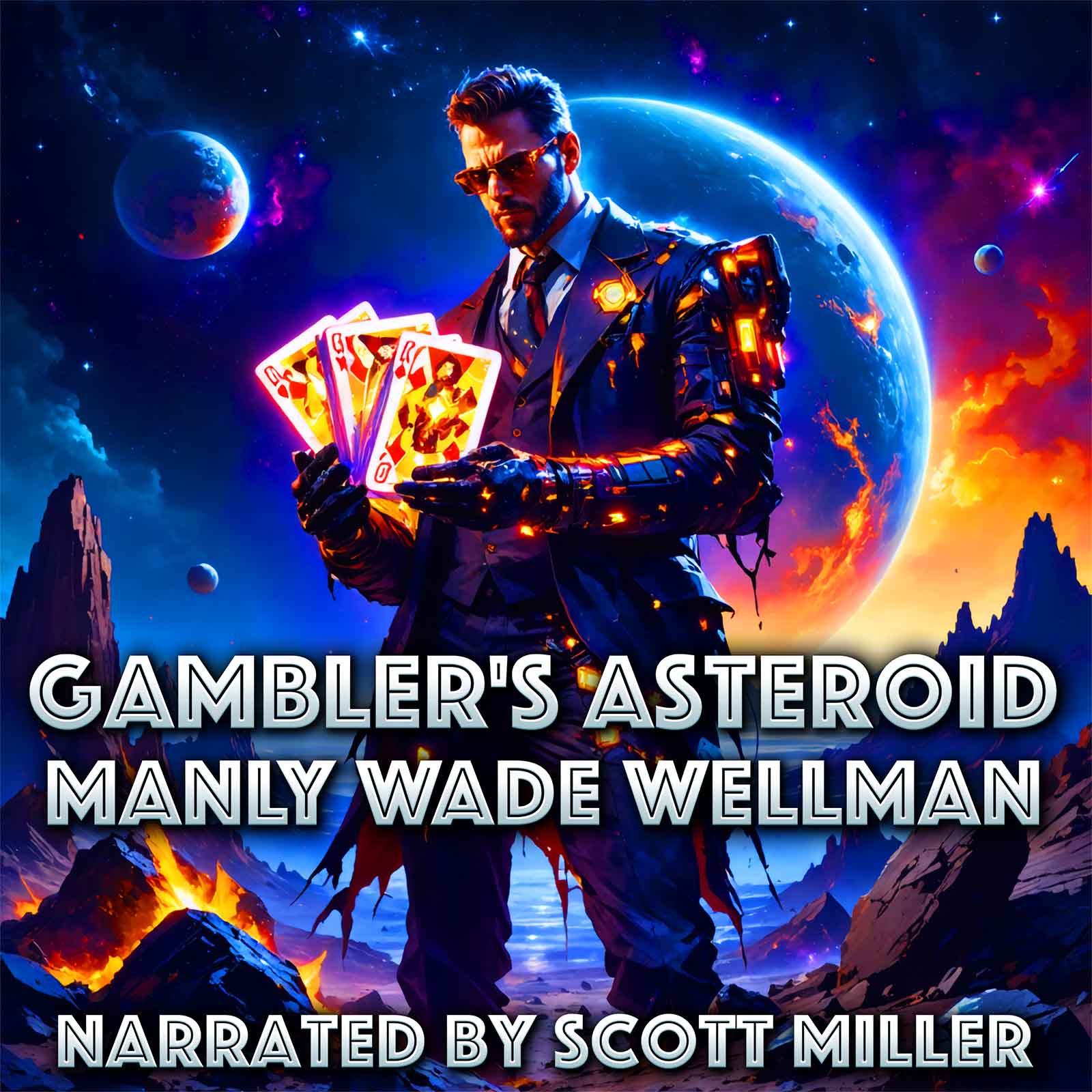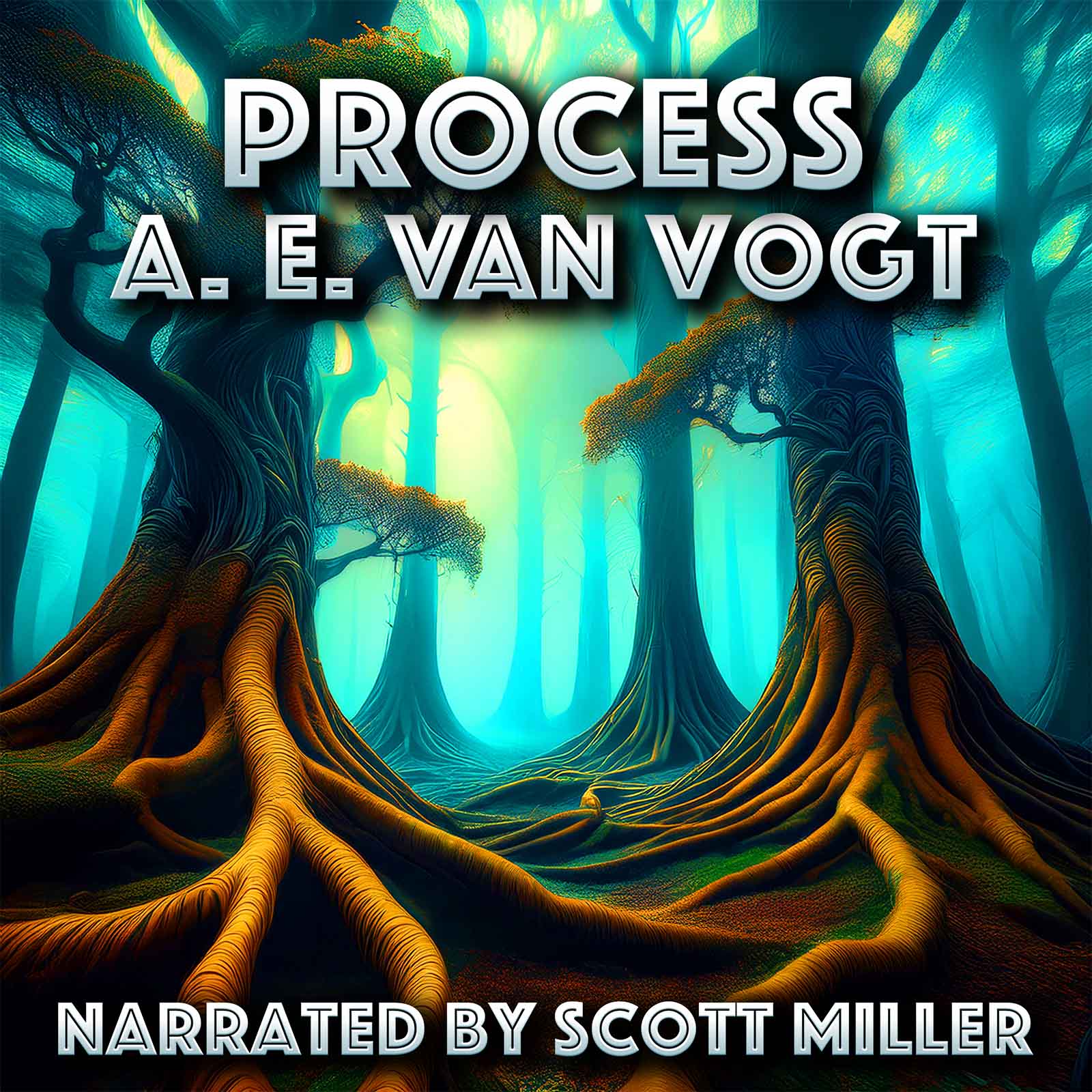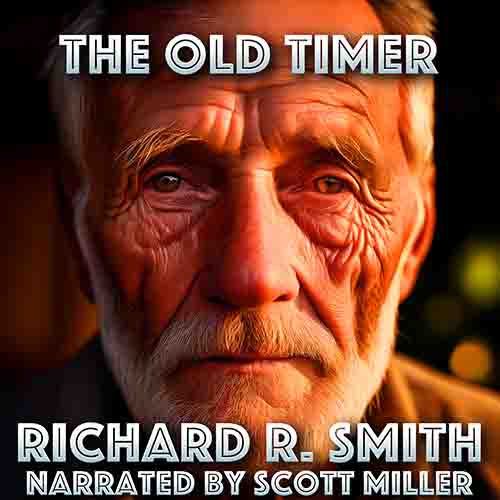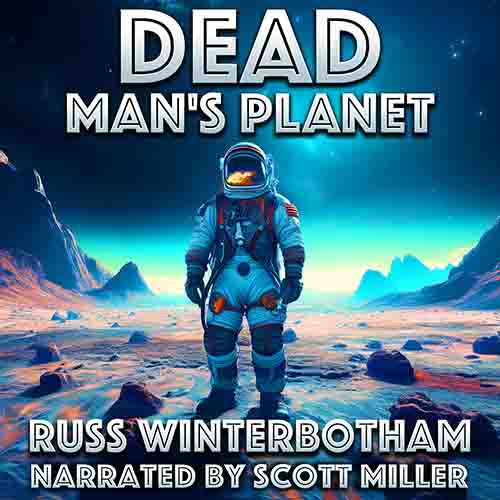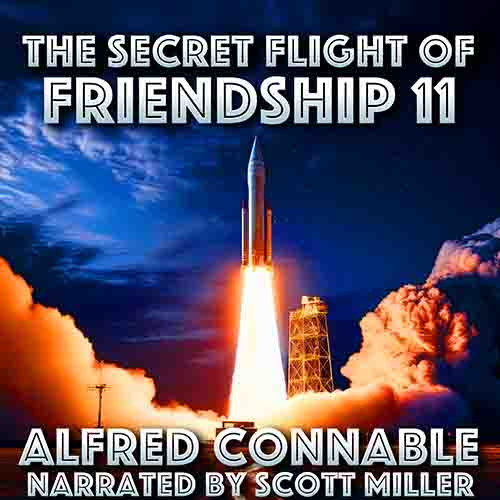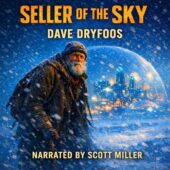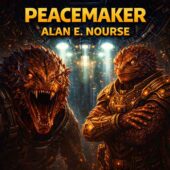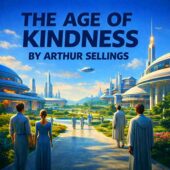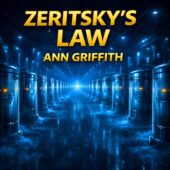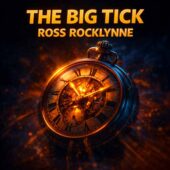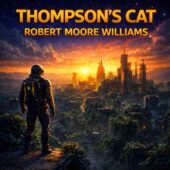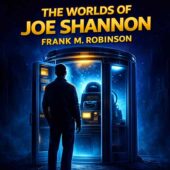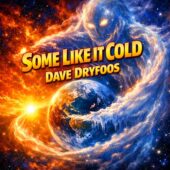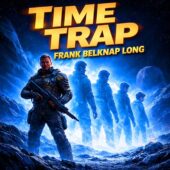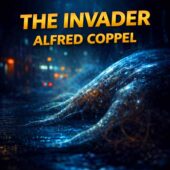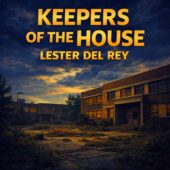Isaac Asimov
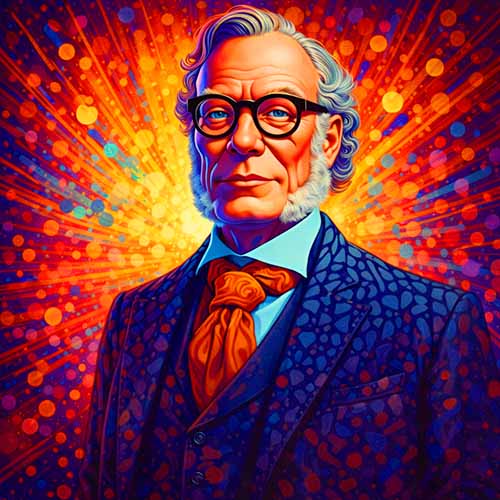
Biography
Isaac Asimov (1920–1992) was one of the most prolific and influential writers of the 20th century, a master of science fiction and popular science whose works shaped modern thought about the future, technology, and humanity’s place in the universe. Born Isaak Yudovich Ozimov in Petrovichi, Russia, he emigrated with his family to Brooklyn, New York, at the age of three. Growing up in his parents’ candy store, he discovered pulp science fiction magazines, which sparked a lifelong fascination with storytelling. A gifted student, he earned degrees in chemistry and went on to teach biochemistry at Boston University, though writing soon became his true vocation.
Asimov’s career began in the golden age of science fiction. His first story appeared in 1939, but it was his association with editor John W. Campbell at Astounding Science Fiction that launched him into prominence. In the 1940s, he began publishing the Foundation stories, which envisioned a vast galactic empire crumbling and reborn through the science of “psychohistory”—a blend of mathematics, sociology, and prediction. Collected as Foundation, Foundation and Empire, and Second Foundation, these tales became cornerstones of science fiction, earning Asimov the Hugo Award for Best All-Time Series in 1966.
Equally influential were his robot stories, beginning with I, Robot (1950). Here Asimov introduced the “Three Laws of Robotics,” ethical principles governing artificial intelligence that profoundly influenced not only science fiction but also real-world discussions about robotics, AI, and ethics. His robot novels—The Caves of Steel (1954), The Naked Sun (1957), and later works like Robots and Empire—fused detective fiction with futuristic speculation, showcasing his ability to blend genres while exploring the relationship between humans and machines.
In the 1980s, Asimov unified his two greatest series, linking the Foundation and Robot universes into a sweeping future history spanning tens of thousands of years. Novels like Foundation’s Edge (1982) and Foundation and Earth (1986) expanded his mythos while reintroducing earlier characters and themes, cementing his reputation as an unparalleled world-builder.
Asimov was not only a titan of science fiction but also one of the most prolific nonfiction writers in history. He authored or edited more than 500 books, covering subjects as diverse as chemistry, astronomy, history, religion, literature, and humor. His Asimov’s Guide to the Bible and Asimov’s Guide to Shakespeare revealed his passion for making complex topics accessible to general readers. His clear, conversational style made him one of the foremost popularizers of science, earning him a reputation as a “great explainer.”
Known for his sharp wit and warm personality, Asimov became a public intellectual, appearing on panels, interviews, and television programs. He served as president of the American Humanist Association, advocating for rationalism, secularism, and human-centered ethics. His humor, often self-deprecating, made him a beloved figure in the science fiction community and beyond.
Despite his academic training, Asimov preferred writing to laboratory work. He was astonishingly disciplined, producing thousands of words daily at his typewriter. His energy and curiosity seemed boundless, allowing him to move effortlessly between short stories, sprawling epics, essays, and scientific explanations.
Over his career, Asimov received nearly every major honor in science fiction, including multiple Hugo and Nebula Awards. In 1987, he was named a Grand Master of Science Fiction by the Science Fiction and Fantasy Writers of America. His legacy also includes Asimov’s Science Fiction Magazine, launched in 1977 and still publishing today, which carried forward his vision of intelligent, accessible, and thought-provoking storytelling.
Isaac Asimov died in 1992, leaving behind an unparalleled literary legacy. His works remain in print worldwide, continuing to inspire scientists, writers, and readers. His Foundation series was recently adapted for television, and his ideas about robotics and artificial intelligence remain vital to contemporary debates.
Asimov’s contribution lies not only in his imaginative fiction but in his unshakeable belief in the power of knowledge, reason, and curiosity. He once said, “Writing, to me, is simply thinking through my fingers.” Through those fingers flowed entire universes, timeless laws of robotics, and explanations of science that opened minds across generations. He endures as both a prophet of science fiction and one of the greatest communicators of science itself—a writer who made the future, and the cosmos, feel both thrilling and profoundly human.


